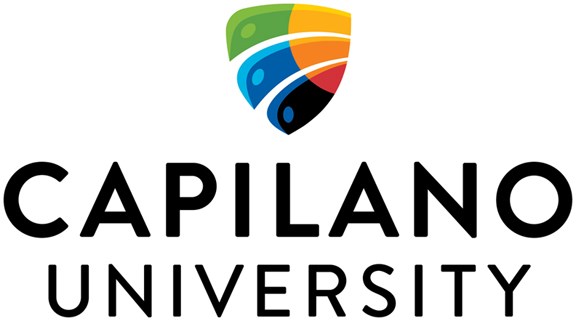As you read this, professors at colleges and universities across Canada are working on indigenizing their classes, and looking at ways to decolonize their post-secondary curricula. This movement has risen out of the 94 calls to action that the Truth and Reconciliation Commission of Canada (TRC) released to address the legacy of the residential school system.
Defined as a process of naturalizing Indigenous knowledge systems and making them evident to transform spaces, places, and hearts, indigenization in post-secondary education also involves bringing Indigenous knowledge and approaches together with Western knowledge systems.
Aligning itself with the TRC, and acknowledging the United Nations Declaration on the Rights of Indigenous Peoples, Capilano University has made significant progress in the last few years on Indigenous learning. Some examples include the signing of an Affiliation Agreement for Post-Secondary Educational Opportunities with the shíshálh Nation; establishment of a new University One certificate, which aims to provide Indigenous students with a meaningful, holistic curriculum and educational context to develop key academic skills; and the hiring of dedicated staff for community outreach. A new position, Director, Indigenous Education and Affairs, for Capilano University has also been created and is currently in the recruitment stages.
Last year at the kálax-ay campus in Sechelt, Pathways to Higher Learning (P2HL) was launched. In this program, 15 Indigenous students have been working toward getting their high school diplomas in preparation for future higher learning. Instructors are working closely with the shíshálh Education Department to develop lessons tied to Indigenous knowledge while recognizing that learning is holistic, reflective, experiential, and relational. Instructors have also begun to work with new faculty member Dionne Paul, who is supporting faculty in their work around indigenization and decolonization.
The path ahead is exciting, but there is a great deal of work to be done as we continue to hear the stories, open our hearts, and allow for sharing and understanding. Most importantly, we must continue to work together and really listen; for in the words of the late Richard Wagamese, “Nothing in the universe ever grew from the outside in.”



